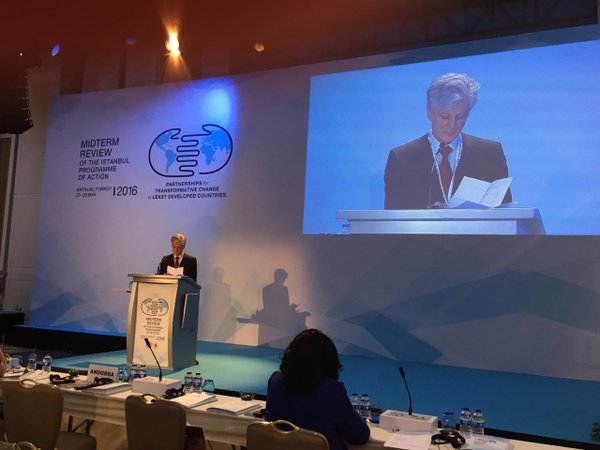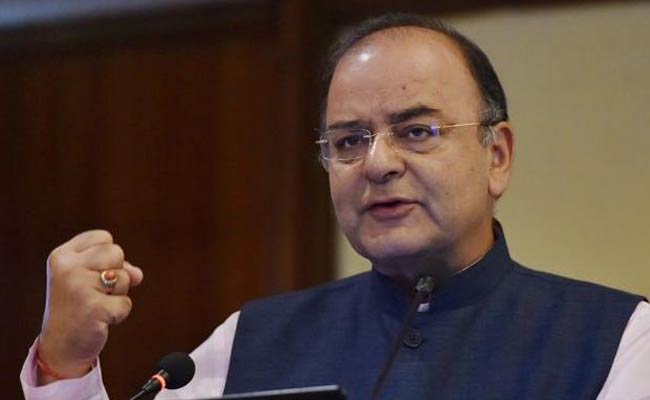Vienna: Developing and developed countries today remained divided over phasing out a set of potent greenhouse gases used in refrigerators and air-conditioners to stem global warming at the ongoing Montreal Protocol conference here ahead of tomorrow’s deadline to form a blueprint for a final agreement later this year.
The negotiations, that began here on July 13 with 196 member countries as participants, have seen a clear divide on the position of developed and developing countries on various issues being debated including setting up of a baseline for phasing down of Hydrofluorocarbons (HFCs) to reduce global warming.
While developing countries including India want developed countries to be more ambitious and provide adequate resources to developing countries and more time to phase-down HFCs, developed countries, on the other hand, want the developing countries to move fast and achieve the goal simultaneously.
Pitching for more transparency in formation of new guidelines at Montreal protocol, India has proposed that the developed countries begin the process first and developing countries join them mid-way. The proposal has also found support from China and Kuwait.
“Their consumption is way more than us so they need to begin first and lead us in phasing down. We plan to begin it by 2030 hoping that the develop countries will have reduced HFCs by 70 per cent by then. The technology used by them meanwhile will also come handy for the developing countries,” M K Singh, Joint Secretary, Ministry of Environment and Forests said.
Negotiators have also voiced concerns about new generation of chemicals, with many developing countries raising the concerns that these chemicals which are patented and expensive are being pushed by companies of developed countries.
Environment experts also cited at the conference that developed countries do prefers natural refrigerants that are not patented.
“The use of these chemicals is being blocked by stringent standards. These standards are made by international bodies and these bodies are dominated by developed countries and transnational companies,” said Chandra Bhushan, Deputy Director of Delhi-based Centre for Science and Environment think tank.
“We need a deal that prioritises natural refrigerants during HFC phase-down. We cannot afford to have another new generation of fluorinated refrigerants that has the potential to pollute our water bodies. These chemicals will also profit few companies at the expense of consumers across the world,” he added.
Finance to help countries use different types of coolants, access to the latest technology and agreement on phase-out deadlines are among key issues being debated by the Protocols members.
The United Nations officials hope to have the basis of a deal by tomorrow that they can take to Kigali, Rwanda in October, where the final agreement is scheduled to be signed-off.
(Sourced from agencies, Feature image courtesy:twitter.com)
























